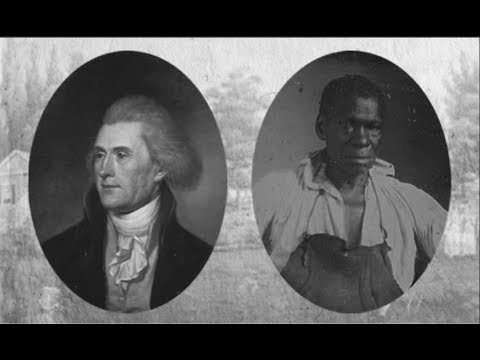Introduction:
Black history represents a profoundly rich tapestry of resilience, accomplishments, and cultural contributions woven into the very fabric of human civilization. Yet, throughout history, this legacy has often been unfairly overlooked, overshadowed, or diminished. While tremendous strides have been made towards equality and recognition of Black achievements in recent times, there remains a pressing need for society to fully acknowledge and celebrate these important narratives.
1. Hidden Contributions:
Black history encompasses diverse areas such as science, art, music, literature, politics, and sports. Countless African Americans throughout history have made invaluable contributions to fields that shape our world today. However, due to systemic discrimination or bias prevalent in educational curriculums and media representation in the past centuries, many students and individuals remain unaware of these achievements.
2. Revising Educational Curricula:
Education serves as the gateway to empowering future generations with knowledge and understanding about historical events. While some strides have been made to incorporate Black history into school curricula globally since the Civil Rights Movement era; there still exists a significant disparity between inclusion in textbooks. Schools must place a greater emphasis on teaching comprehensive Black history year-round instead of merely focusing on figures such as Martin Luther King Jr., Rosa Parks, or Harriet Tubman during specific occasions.
3. Underrepresentation in Media:
Despite recent progress towards diversity and inclusion in film and media production industries; the reality remains that people of color continue to be underrepresented on screen or within important historical narratives. Mainstream media often fails to recognize the full breadth of black contributions across all fields accurately.
4. Establishing Platforms for Amplification:
Addressing this issue means ensuring that platforms exist for amplifying underrepresented voices by showcasing their experiences authentically – not solely focusing on their struggles but also their victories.In addition to mainstream platforms embracing diversity, social media plays a vital role in enabling greater exposure and awareness of diverse perspectives that might otherwise remain obscured.
5. Commemorating Black History Month:
Black History Month, celebrated annually in February (and various other months globally), serves as a reminder to bring attention to and celebrate the contributions of African Americans throughout history. While it is crucial to honor these achievements during designated times, recognition of Black history should extend far beyond a mere month. It should be woven seamlessly into mainstream culture throughout the year.
Conclusion:
Black history is not being diminished; it exists in abundance. However, society as a whole must commit to acknowledging, embracing, and celebrating it more fully. From revising educational curricula to amplifying underrepresented voices in media, progress can be made towards ensuring equal representation for African Americans. By doing so, we can create a brighter future that reflects the true richness and diversity of our collective human experience. It is essential to recognize that celebrating Black history benefits all by fostering cultural understanding, unity, and a broader perspective on our shared heritage.





